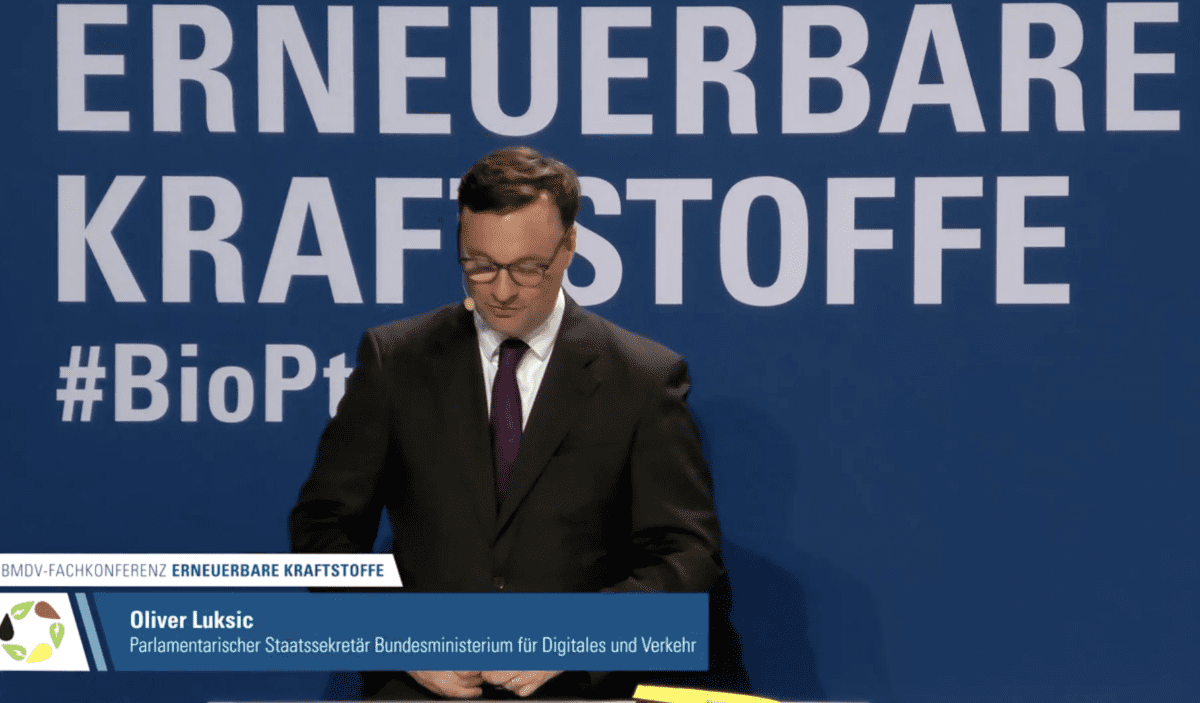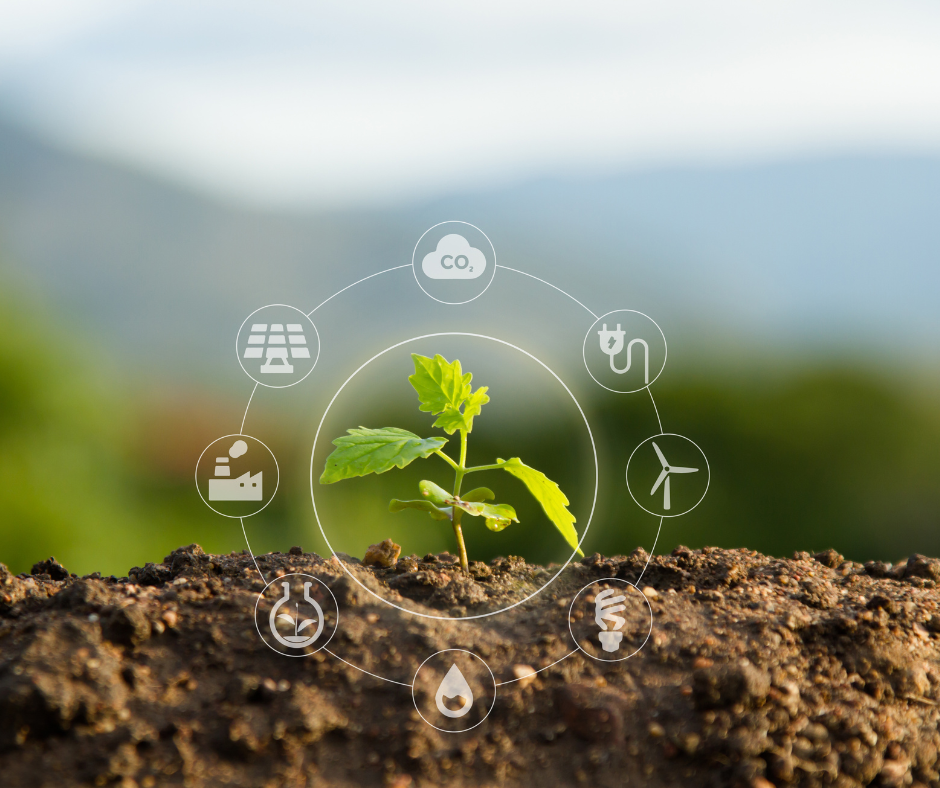“Today, Germany is already an international leader in innovative production technologies for renewable fuels. We want to increase the competitiveness of e-fuels and advanced biofuels. Therefore, the Federal Ministry of Digital and Transport (BMDV) promotes the further development and market ramp-up of renewable fuels with the overall concept of renewable fuels,” said Oliver Luksic at #BioPtX23 in Berlin two days ago The first professional conference on renewable fuels in Germany, organized by NOW GmbH.

The Federal Ministry of Digital and Transport’s overall concept for renewable fuels includes four funding measures that support both the further development and market ramp-up of renewable fuels. We pursue a technology-neutral and cross-modal approach.
We need renewable fuels to achieve climate protection goals in transportation.

Uta Maria Pfeiffer, Head of Mobility and Logistics Division, Federation of German Industries, says: Fuel switching is our biggest and most important lever. If we want to achieve climate goals, it must happen!
Overall concept:
The German government has set binding greenhouse gas emission reductions in the Federal Climate Protection Act. To achieve this, transportation must make a significant contribution. In 2030, the transport sector may only emit 85 million tonnes of CO2, which corresponds to a reduction of 48% compared to 1990. To achieve this goal, renewable fuels play a crucial role because not every application in transportation can be electrified.
A cross-modal and technology-neutral concept
Our current transportation is diverse. Due to different usage requirements in passenger and freight transport, various propulsion technologies and fuel types will also be needed in the future. In addition to the widespread market ramp-up of electromobility, renewable fuels – especially electricity-based fuels such as hydrogen and e-fuels, as well as advanced biofuels from waste and residues – will play an important role in replacing fossil fuels in the long term. The Federal Ministry of Digital and Transport (BMDV) promotes renewable fuels with a technology-neutral and cross-modal overall concept, which is flanked by regulatory measures of the federal government.
What does the overall concept of renewable fuels look like?
The BMDV addresses the technical challenges of market entry and plant scaling with the support of development and demonstration projects: on the one hand, in the form of a technology-neutral funding guideline for the development of renewable fuels (pillar I) and, on the other hand, with the promotion of the establishment and operation of a development platform for electricity-based liquid fuels for air and maritime transport (pillar II). To address the economic barriers to the market ramp-up of renewable fuels, the BMDV is currently developing two funding measures. One funding guideline will support investments in renewable fuel production plants (pillar III). Another funding measure will promote the market ramp-up of electricity-based kerosene (pillar IV). The aim is to strengthen Germany’s technological leadership in this area.
Why do we need the overall concept of renewable fuels?
The electrification of transport with the help of batteries or hydrogen fuel cells will make an important contribution to climate neutrality. However, the application possibilities of these technologies are limited – air, heavy-duty, and maritime transport will be particularly dependent on liquid fuels on long distances due to their high energy requirements. To make these transportation applications climate-neutral, the use of renewable fuels is essential in the long term. From the BMDV’s perspective, electricity-based fuels and advanced biofuels from waste and residues are preferably suitable for this purpose. However, the use of renewable fuels is not yet competitive due to technical, economic, and regulatory barriers. The BMDV’s overall concept of renewable fuels helps to overcome these barriers.
Together we will succeed in making renewable fuels make an even greater contribution to achieving climate goals.


